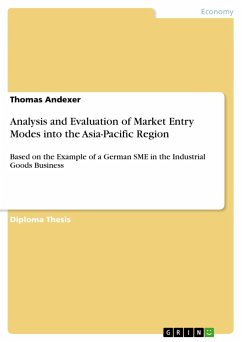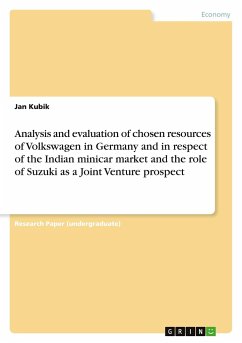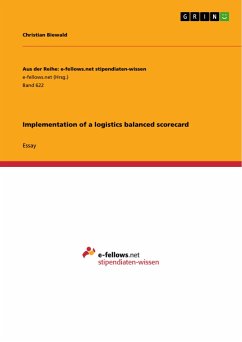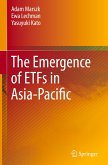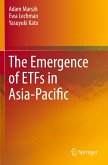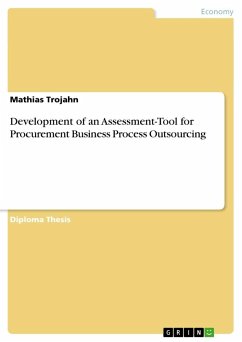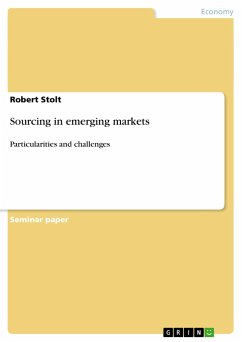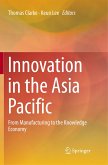Diploma Thesis from the year 2006 in the subject Business economics - Supply, Production, Logistics, grade: Sehr Gut, FH Oberösterreich - Campus Steyr (Produktion und Management (PMT)), language: English, abstract: The business world at the beginning of the 21st century is characterised by a steadily increasing globalisation and the growth of international business operations. The proceeding dynamism of the global markets creates new chances not only for multinational enterprises but also for small- and medium sized companies (SMEs). Particularly, the above-average economic potential of emerging markets, especially in many countries of the Asia-Pacific region, is amongst others the leading incentive for the increasing number of cross-border expansions. In this context, the decision for the appropriate market entry strategy is already one of the most difficult ones within the broad topic of international marketing, whereas the choice of target countries with tremendous cultural differences and the specifics of the industrial goods business respectively, lead to an even higher degree of complexity in the decision for the most suitable form of organisation for the international market entry.The main task of this thesis was to break down the untargeted theory of the market entry modes to the evaluation of a situational context of a genuine company with the help of abstract focus areas in a step-by-step approach. Starting with a general overview to the topic area of interational marketing and further the alternative market entry modes, the thesis introduces three focus areas with an anticipatory relation to the case study: 'The Asia-Pacific region, SMEs and the industrial goods business' stand in the centre of the examination. The core of this thesis represents a feasibility study related to the focused perspective, in which every market entry mode is investigated in its compatibility with the focus areas. The result of the study, in other words the identification of all feasible entry mode alternatives regarding the focus areas, establishes the basis for the implementation of the case study of the German AdPhos Plc., a medium sized company in the industrial goods business and its penetration of new markets in Asia. As the second core part of this thesis follows the evaluation of AdPhos' market entry decision with means of a scoring model, whereas AdPhos' decision for a strategic alliance is confronted with all other feasible market entry alternatives. The hereby extracted results deliver information to the suitability of the chosen organisation form regarding the individual situation of the company and finally enable the derivation of appropriate recommendations.
Hinweis: Dieser Artikel kann nur an eine deutsche Lieferadresse ausgeliefert werden.
Hinweis: Dieser Artikel kann nur an eine deutsche Lieferadresse ausgeliefert werden.

